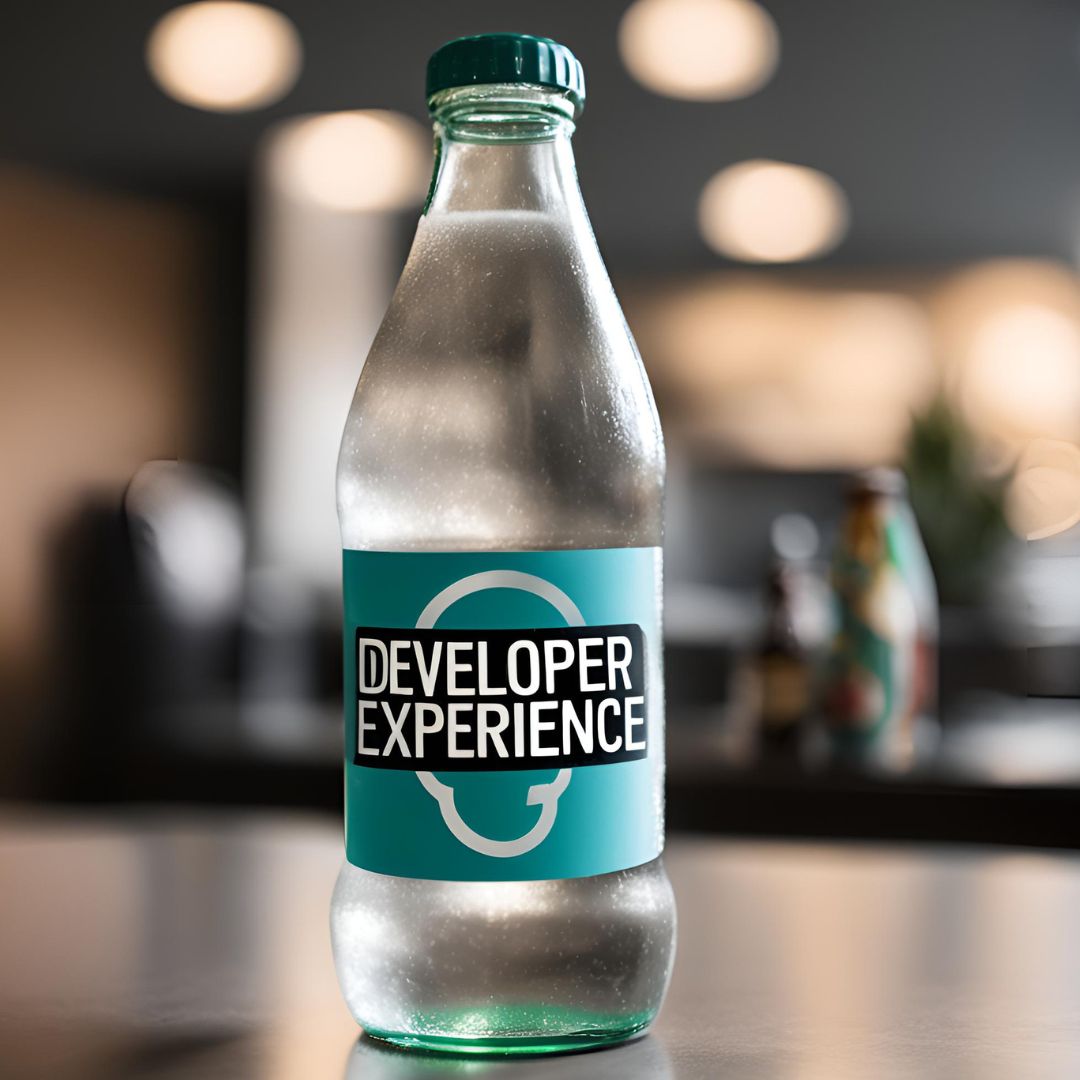Observability Signals: choose wisely
A quick review of the "three pillars" of observability: logs, metrics, and traces- their strengths and weaknesses, how to match the right signals to particular use cases.
The fun part: we'll explore this via a real-world app, adding observability as it grows from a small monolith into a large, microservices architecture.

I spend quite a bit of time helping developers figure out how to make sense of telemetry data they've collected. Often this is showing them to navigate our observability tooling, how to think about visualizing data, or just tossing some saucy query tricks into the mix.
Sometimes though, I find that their telemetry is... ill-conceived. I occasionally find metrics being written like they were a point-in-time event, missing context in logs because someone was worried about adding too much cardinality, or log lines with variable and static context needlessly mashed together. Alas.
This kind of thing makes me wish I'd had a chance catch them earlier, when they were just beginning to consider instrumentation choices.
Given how often this happens, I've built up some insights on some of the most common misconceptions about the different observability signals, what makes them different from one another, and why you'd choose a specific one for a given situation.








